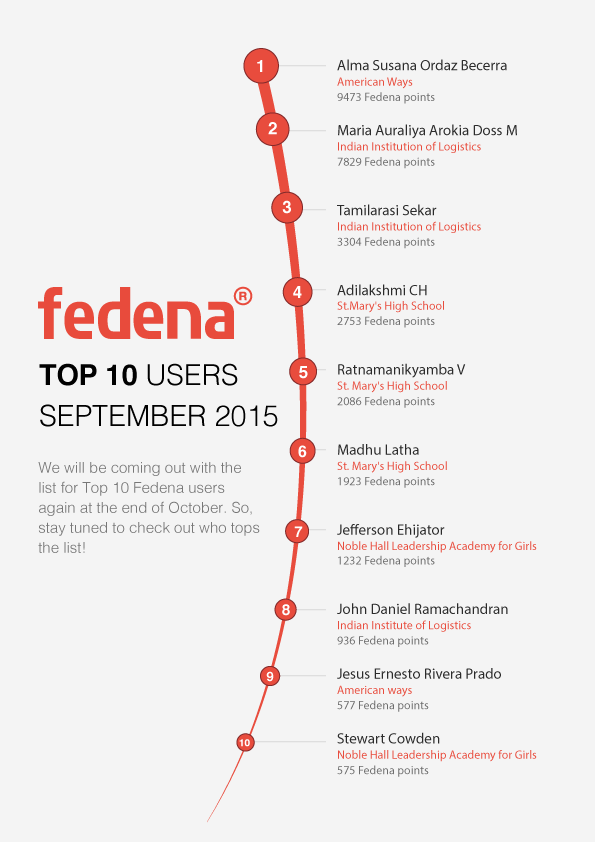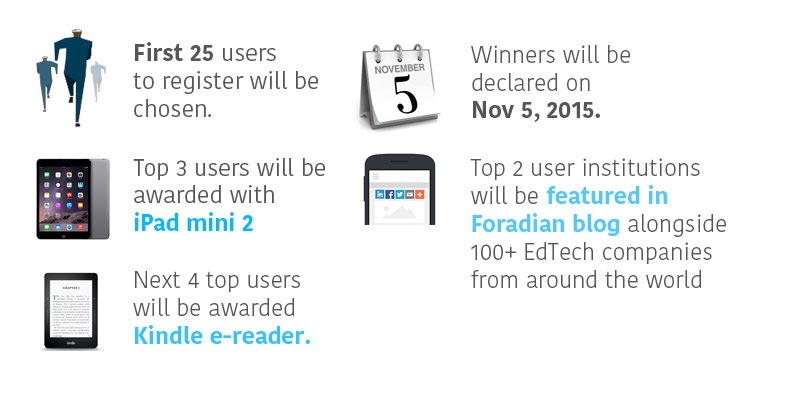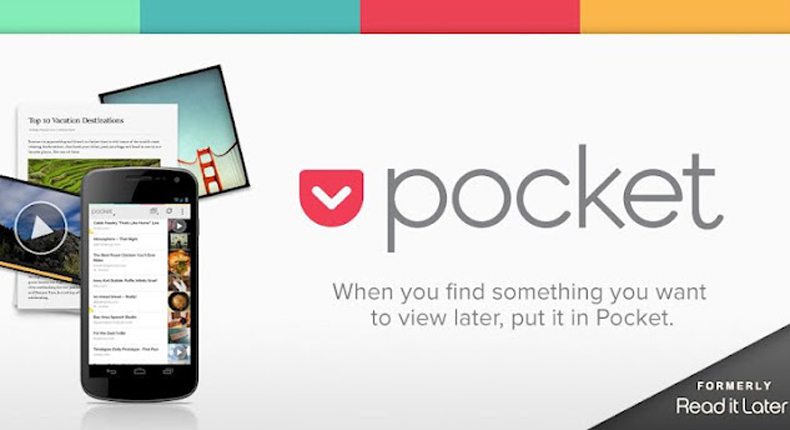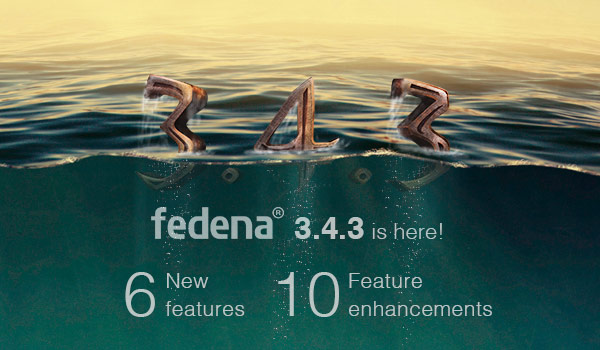
Database software is a very tricky choice for any institution to make, if you are just starting out or are an existing institution. Often institutions find themselves in situations where they either have a huge amount of data and no database management software or have heavily invested in a database software only to find they won’t have any need of it. Institutions are also often guilty of storing their data in different places rather than in one single place, for example, student information ends up getting stored in the filing cabinet along with the teachers and the managing staff information. Parent communication and contacts ends up getting stored in the email providers like Gmail or Yahoo while all the finances end up getting stored in ledgers or Tally. It’s a Herculean task to make any sense of the data being stored so widely and generating any insights. Before we discuss what their advantages are, let’s get into what exactly a database software is.
What is Database Software?
Database software is the phrase used to describe any software that is designed for creating and managing the information stored in databases. At times referred to as database management systems (DBMS), database software tools are primarily used for storing, modifying, extracting, and searching for information within a database. Database software finds its use for a number of reasons in any industry – from keeping your bookkeeping on task, compiling client lists to running your online Web site.
Why Database Software?
A database software’s primary function is to provide an organized mechanism for storing, managing and retrieving information. A database helps you bring all the information you have stored in spreadsheets, documents and emails together in one place.
- Makes it easy to collect and share information
- Organizes your information better than spreadsheet
- Manage data centrally to avoid data duplication or data loss
- Access real-time and accurate data, all the time
How to classify Database Software?
There are various types of database software. But primarily, the type of database management software depends on the method of storage (single or multi file), or the purpose of its use for an institution.
The basic types of database software can be distinguished from each other by the type of their storage. Databases have the following two main types :

- Single file Database software(also called as flat-file).
- Multi file Database software(relational).
Both single and multi file database software are used for accommodating various storage needs. A Relational Database Management System (RDBMS) supports both single and multi file option, for example Fedena, whereas non-RDBMS supports only a single file for all the storage.
However, if the requirement for managing data is simple, for example you just need to manage small records of your teachers or managing staff i.e their names, addresses and telephone numbers, a non-RDBMS software like MongoDB or any standard spreadsheet program will suffice your need.
Database management softwares are also classified based on their purpose of use and fall into the following categories:
- Operational Database.
- External Database.
- End User Database
- Distributed Database
- Data Warehouse Database
- Analytical Database
- Hypermedia Database
Choosing the right Database software to manage your Institution’s data is a very critical decision and to help make that decision it’s a really good practice to first find the answer to : What are your requirements from a database management software?





























